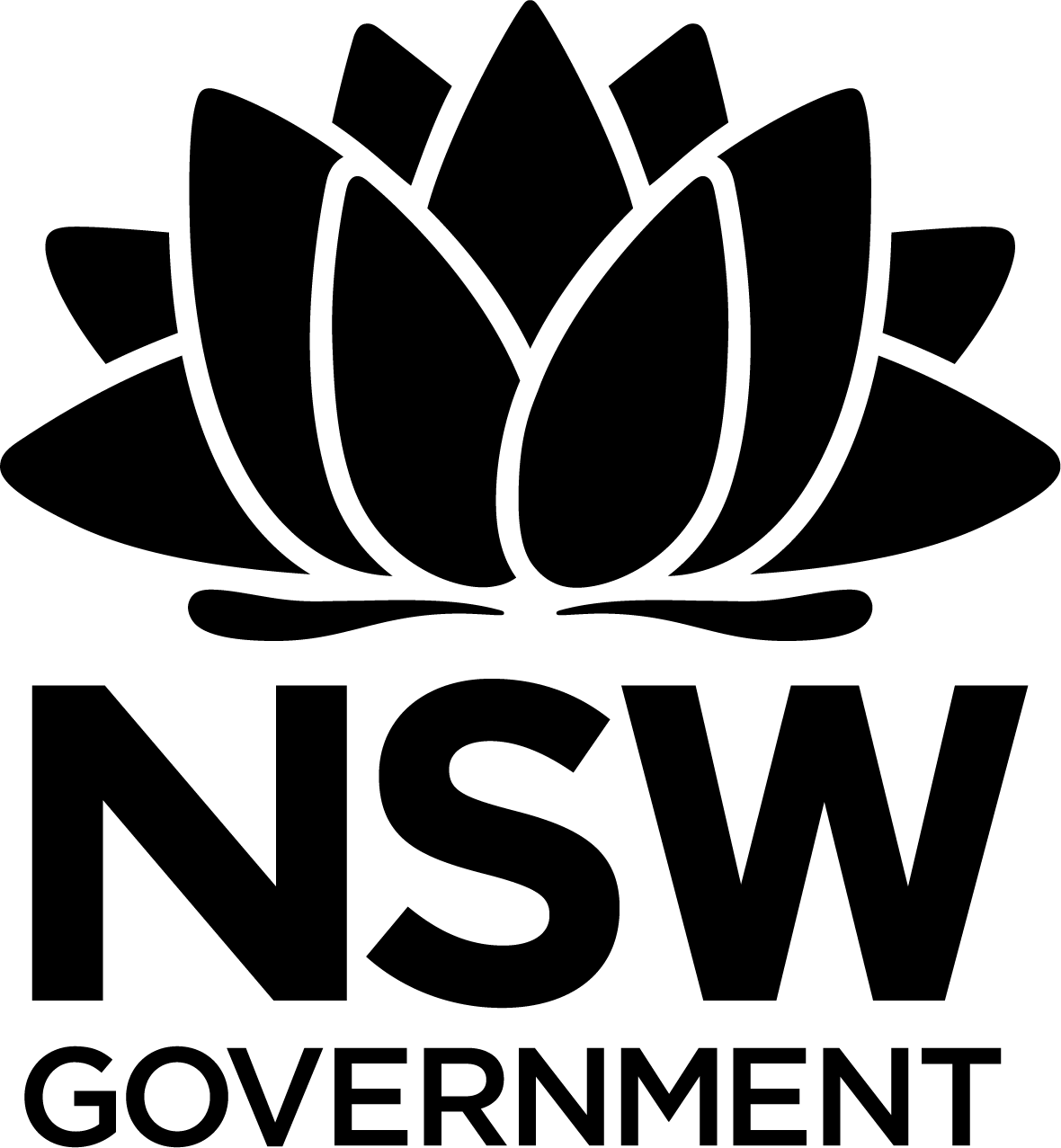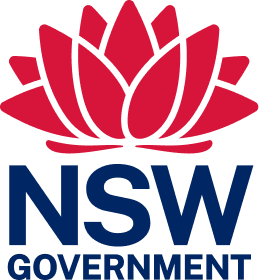
Crown land manager resource
- Home
- Administration
- Public access to government information
Explore this section
Public access to government information
Back to Administration
Action required: EPA investigation into asbestos in mulch
Crown Lands is seeking information from non-council Crown land managers regarding any use of imported mulch on the Crown reserves they manage.
On this page
Public access to government information
Crown land managers (CLMs) are obliged to meet legislative requirements under the Government Information (Public Access) Act 2009 (GIPA Act) for providing information to the public.
All documents and records held by CLMs are considered government information. The GIPA Act replaced the Freedom of Information Act 1989 in 2010, and places obligations and responsibilities on CLMs to disclose and provide access to a broad range of information – unless there are good reasons in the public interest for withholding it.
Releasing as much information as possible helps ensure open, accountable, fair and effective government in NSW. Members of the public have an enforceable right to access government information under the GIPA Act.
Making government information available
The GIPA Act generally favours the release of government information, unless there are good reasons in the public interest for not doing so.
There are four ways that government information can be released:
1. by mandatory proactive release
Government agencies are required to provide publicly available “open access information” on their website, free of charge. The types of information that comprise open access information include policy documents, government contracts and the agency code of conduct.
2. by authorised proactive release (as determined by each agency)
Agencies are encouraged to make as much information as possible publicly available in an appropriate manner, including on the internet, unless there is an overriding public interest against making such information available. The information should be made available free of charge at or at the lowest reasonable cost.
CLMs should consider releasing annual reports and meeting minutes proactively to the public.
3. by informal release of information (in response to an informal request)
Informal release of government information is information provided in response to a request without requiring a formal application to be submitted under the GIPA Act.
Informal requests may be received by email, letter, fax or in person. The GIPA Act encourages information to be provided unless there is an overriding public interest against disclosure.
When deciding what information is appropriate to release informally, you should take into account the volume of information sought, the amount of time and resources it would take to respond to the request, and whether the information concerns a third party, is contentious or is against the public interest to disclose.
4. by formal release of information (in response to an access application)
Government agencies may release government information in response to a formal access application made under the GIPA Act. Such applications are a last resort and used if the information is not available in any other way.
People can apply formally for information under the GIPA Act by downloading an application form from the department’s website.
If a CLM receives a formal access application it is required to immediately forward the application to the department.
When information should not be released
In general, government information should be released unless there is an “overriding public interest against disclosure”.
Circumstances where information should not be disclosed are:
- where a conclusive presumption against release has already been made (such as Cabinet information and legal professional privilege)
- where release would be inconsistent with public interest considerations (such as security or safety risks, commercial-in-confidence provisions and personal privacy).
Relevant legislation
- Government Information (Public Access) Act 2009
- Government Information (Public Access) Act Regulation 2018
Further guidance
The department’s website provides:
- details on how to access information held by the agency
- formal access application forms
- contact details for GIPA enquiries.
NSW Information and Privacy Commission
GPO Box 7011, Sydney. NSW 2000
Tel: 1800 472 679
This website provides access to:
- information for members of the public regarding GIPA
- information for government agencies regarding GIPA
- brochures and fact sheets
- frequently asked questions
- contact details for GIPA enquiries.
Sign up for our eNewsletter to receive updates.
This Crown land manager web resource was printed on 27 Jul 2024. The information contained in this web resource is based on knowledge and understanding at the time of writing Jul 2024. However, because of advances in knowledge, users are reminded of the need to ensure that the information upon which they rely is up to date and to check the currency of the information by referring to the website (www.reservemanager.nsw.gov.au).
© State of New South Wales through Department of Planning, Industry & Environment 2024.
Page link: https://reservemanager.crownland.nsw.gov.au/administration/public-access-to-government-information
- Home
- Administration
- Public access to government information

